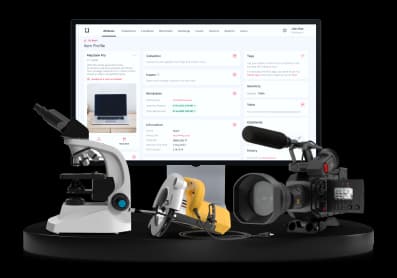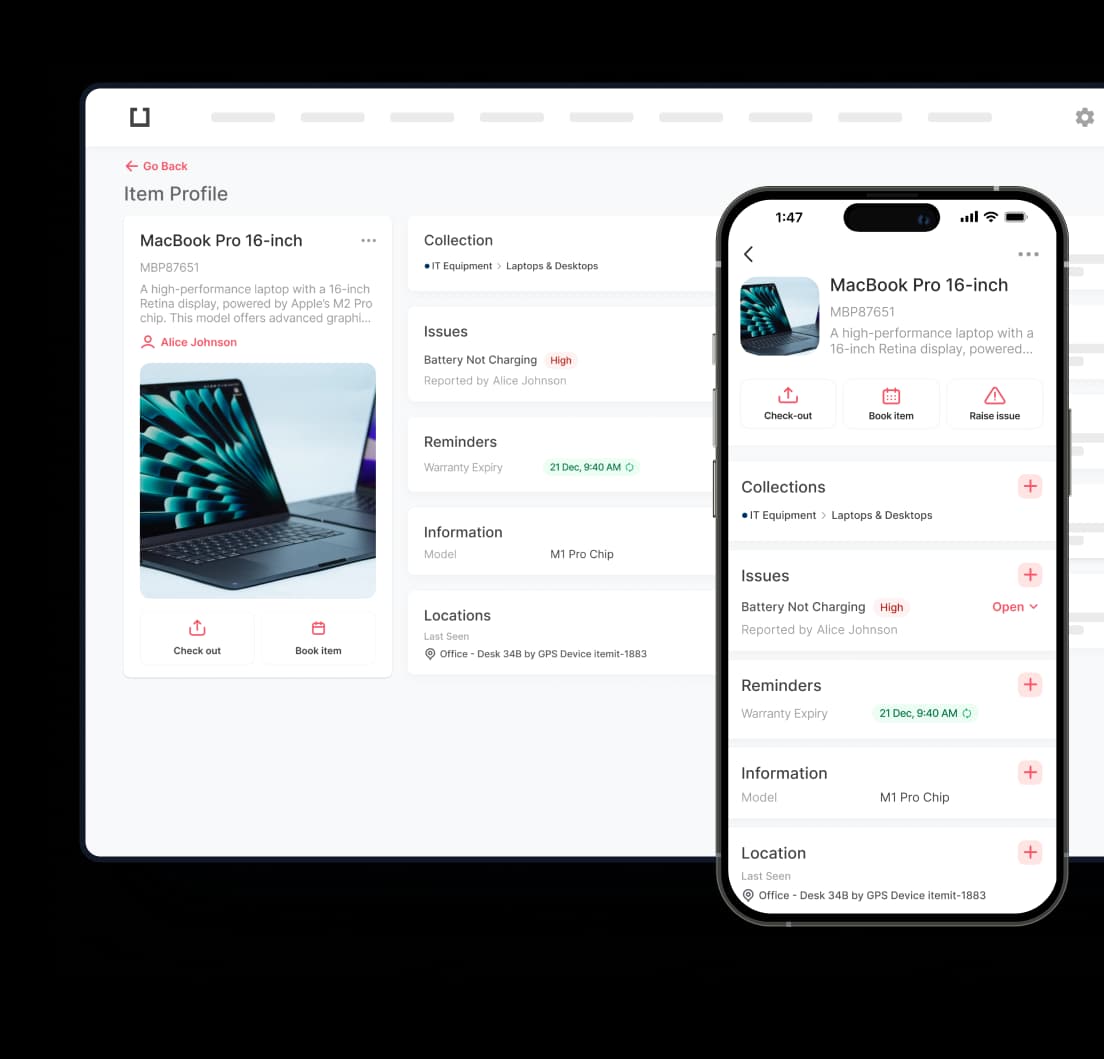New to asset tracking software? Look no further because in this blog we'll be going over all the nooks and crannies associated with asset tracking! Even if you're well-versed with asset tracking, there is an age-old saying: "Even a seasoned warrior gets rusty with time!"
Be it keeping check and balance over your fixed assets, boosting productivity, or simply improving accountability, itemit has the solution to all of your problems. Read on to learn more!

What is Asset Tracking Software?
First things first: "What is asset tracking?"
Asset tracking, often referred to as asset management, is an umbrella term used to define any method used to track your assets.
Asset tracking software is a software-based solution that caters to all your asset-related problems. Utilising a well-organised, digital register, asset tracking software allows you to store each asset and its data in a unique profile. As such, differentiating different assets from each other is effortless- simply add a picture of each asset to its profile!
The unique profile of each asset can store vast amounts of assets details. However, it must be stated that only relevant data should be logged onto the asset tracking software- an excess of useless data will only lead to a cluttered asset register.
With itemit, you can store all sorts of relevant asset data in its unique profile. This makes accessing data such as the asset's name, current location and purchase price a walk in the park.
With new state-of-the-art asset tracking software, all the features of a single asset register are synced with the help of advanced cloud-based asset management software. Simply plug in your credentials into any internet-enabled device and access itemit's asset tracking software from the ease and comfort of your home.
How Does Asset Tracking Software Help You?
By making use of itemit's asset tracking software, you can share and delegate asset tracking responsibilities to your team members. One of the perks of being a cloud-based software solution is that multiple users can simultaneously access and sync to a centralised database. This allows all your employees to edit and access your asset register instantaneously.
Asset tags are a very handy feature, allowing you to easily track assets and access their data. Whether you employ a QR code sticker or an RFID tag, by attaching physical tags to your assets you need to simply scan the tag to access the respective assets data.
Similarly, itemit comes with multiple features that allow you to save time and improve your business's productivity. This can help your business save money using asset tracking software.





